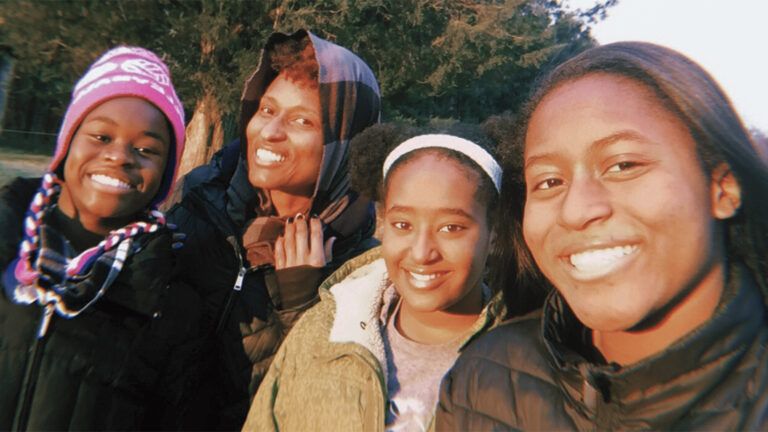The only thing that is constant is change,” goes the famous saying. As we get older, the wisdom of the ancient Greek philosopher Heraclitus comes into sharper focus. Younger years are filled with seasons of volatility, to be sure—leaving home, getting married, having children—but change continues at each phase of life. Whether you’re in a season of change or helping an older loved one navigate new circumstances, there are practical steps you can take to make change a positive process.
“All of us, as human beings, count on structure and routine to be pretty comforting,” says Barbara Kane, a psychotherapist and the director of Aging Network Services, a national network of care managers based in Bethesda, Maryland. That’s why changes like retirement, the loss of close friends or a spouse, medical diagnoses, and new living arrangements can leave older adults feeling vulnerable and insecure.
But “change is opportunity,” says Kane, who works with adults in their 90s who are “the happiest they’ve ever been in their lives.” Explore the tips below for ways to thrive in the face of big life changes.
Expect Change
In human history, it’s a relatively recent phenomenon to have a reasonable expectation of living into one’s 80s or 90s. In fact, we’re living almost twice as long as people who were born only a century ago, says Len Fishman, director of the Gerontology Institute at the University of Massachusetts Boston. With longer life, though, comes an expectation of more of the significant changes older adults face.
People over age 65 are in the workforce at higher rates than they have been in decades, for example, meaning retirement is happening later in life for many. Additionally, the divorce rate among adults ages 50 and older has roughly doubled since the 1990s, Fishman says, as people anticipate having the time for new chapters in their life stories. “There’s no road map,” says Fishman, but understanding and anticipating the likely changes many seniors will face is a first step in navigating change in a healthy and positive way.
Process Changes with a Professional
Kane says people should talk through their life changes with a professional counselor or therapist to keep anxiety and depression from taking hold. A therapist can help brainstorm solutions to even the most stress-inducing problems, and can provide a safe place to share thoughts and feelings that might be difficult to share with friends and family. “I try to help people air the ambivalence they might have about changing their lives” with decisions like retirement or moving to a smaller home, she says. Friends or family members might feel the need to act as cheerleaders—“but a person might need to cry a lot” about big changes; in a therapist’s office, there’s “space for crying and release.”
Reconnect with Your Passions
When retirement approaches—or as workplace processes, technology, attire, and vernacular seem to change at lightening speed—it’s common for older adults to feel marginalized. To reconnect with a sense of purpose, Kane suggests making a list of life passions. “People should ask themselves what they want to do after retirement—and start to do those things before retirement,” she says. Laying the groundwork for post-retirement activities or even business ventures can take the sting out of feelings of fatigue and invisibility at a job people have held for years.
Reach Out to Loved Ones
Isolation is the enemy when big changes are afoot, says Kane—left alone, people are more likely to dwell in anxious or sad thoughts, or feel marginalized in their communities. She recommends reaching out to friends and family for support—which can be as simple as weekly movie or lunch dates, monthly book clubs, a local concert series, or a regular volunteer opportunity at a library or food pantry, to anchor the calendar in a schedule of things to look forward to.
Be a Lifelong Learner
Being open to new learning opportunities is a way to feel grounded and excited about the future. Fishman is involved in a lifelong learning program at his university, and he says hundreds of older adults come to their open houses, eager for both the intellectual stimulation of courses and programs and the social opportunities inherent in a class setting. Signing up for classes—perhaps some that connect to the list of passions you’ve written—is a great way to foster new friendships and enrich your life, no matter what your age.





